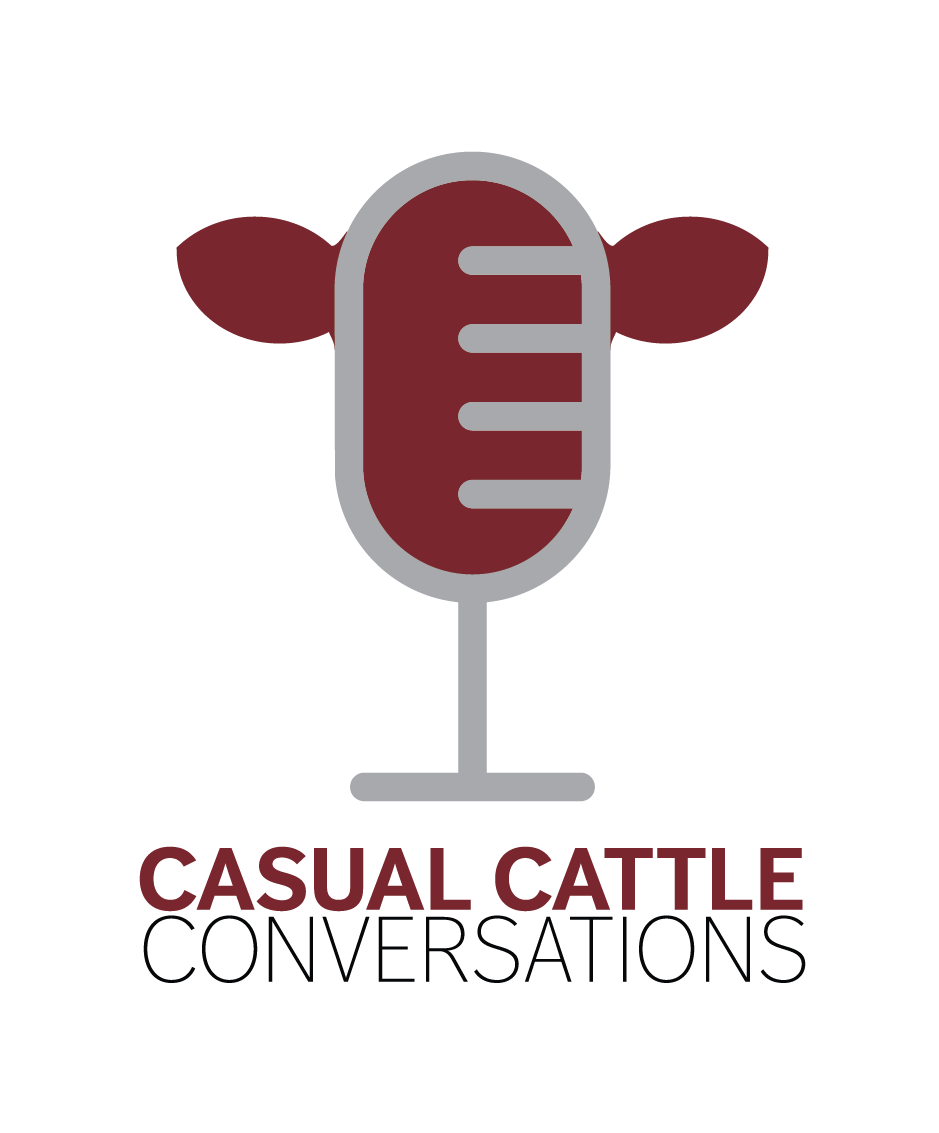Are You Better off to Transition to a Non-Family Member?
Transition planning is topic near every cattle convention, event and media outlet cover with the primary focus of preserving family legacy. But what do ranchers do if they don’t have a family member who desires to and is fit to take over operation?
That’s where non-family transition plans come into place.
Elaine Froese – Farm Family Coach, is a skilled and experienced transition planning coach utilized by farmers and ranchers across the United States and Canada. She shared her thoughts on non-family transition plans on the Casual Cattle Conversations podcast.
There are two sides to this conversation: the next generation and the senior generation. Both of which need to take care of themselves.
Froese says, “Where is it written that you as a very skilled young rancher or farmer cannot be in business with someone who is not family?” When goals don’t align and needs are not met, the next generation is allowed to do what’s best for them and their family. “If you’re in a ranch situation where nothing has changed after years of promises, it’s time to pause and ask: what are my options?” says Froese.
For some, the best option might be right across the road.
She says, “If you’re leasing land or working with a neighbor, sit on the tailgate with them and start the conversation. Write a letter with your business plan and ask, ‘What are your plans for the future?’”
If the door is open, the two non-related parties can start small to see how working together goes and if expectations for time commitment and business operations align.
“In a non-related venture, you need to share the same values of hard work, good conflict resolution, and financial transparency. Trust and numbers go hand in hand,” says Froese. “I think there are a lot of tired next-gens out there who’ve been told, ‘you just have to work harder.’ The truth is, don’t work harder—work smarter.”
On the opposite side of the equation, the senior generation has a lot to consider as well.
“Sometimes your own kids are not the right fit for succession. That doesn’t mean there isn’t an opportunity for them elsewhere,” says Froese. “We are more concerned about being rich in relationship than doing what the neighbors expect of us. This is what’s best for our family.”
Part of determining who if anyone in or outside of the family is fit to take over starts with approaching the ranch as a business.
She says, “Some people see ranching as a lifestyle, but if you’re not profitable, you’re not opening up the opportunity for the next generation to get equity.”
Once the senior generation knows their numbers and can be transparent with any heir whether family or non-family, it’s important to know how everyone’s skillsets can be best used even if it seems unconventional.
Outside of finances and building a strong team, individuals must have a strong sense of identity that isn’t directly tied to their work output.
Froese says, “Older farmers need to start framing their future as stepping back without stepping away. You still have meaning and value—your role just shifts.”
Outside of these factors, both generations must have a clear and solid agreement.
“Clear agreements need to cover the what-ifs: What if you get injured? What if you lose capacity? What if one partner wants out? Without answers, you’re waiting for a bomb to go off,” says Froese.
These agreements are worth doing correctly too.
She says, “Don’t try to save money by avoiding lawyers. A good agreement doesn’t cost much, but it creates certainty when it matters most.”
A non-family heir or taking over a different family operation may not have seemed like your initial dream. But take the time to ask yourself, “What do I want most?” and be open to doing something different.
Froese wraps it up best by saying, “Different is not wrong. It’s just different. Understand how you’re wired and how that makes you an integral part of any team.”
Listen to the full conversation on the Casual Cattle Conversations podcast.

